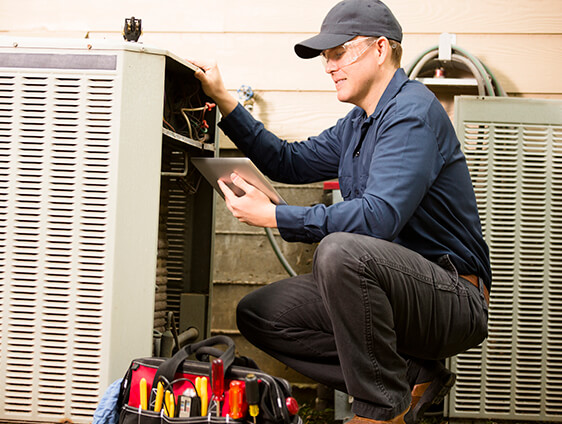3 Things You Need to Know About Your First Home’s HVAC System–Before You Close The Deal!
Buying your first home comes with a lot of responsibility. In fact, when you first move in, you may not truly realize what all is ahead of you. For instance, your HVAC system, or heating and cooling system, is something too often forgotten by new homeowners until there is a problem. Hopefully, your new home’s comfort system has received regular, proper maintenance, and has many years of good service left in it. Take the time to become familiar with the HVAC system before you finalize the purchase, because in this case ignorance could turn out to be anything but bliss! Here’s a good introduction to help get you started.

Age and Condition of the System
When buying a new home, especially if you’re not working with a professional home inspector, you may not think about inquiring about the age of the HVAC system. If you consider buying a home with an older system, forgetting to ask about its age and learning about its projected life expectancy could end up costing you thousands of dollars. A new forced air furnace installation can run anywhere from $3,000 to $8,000, and a new central air conditioner from $4,500-$12,000-plus. The range of efficiencies and models currently available is broader than ever! Hot water heat, or boiler systems, can be even more costly, and in virtually all instances, a completely separate system will be required to cool a home that is heated by hot water. So before you buy, make sure to become well-informed about the age and condition of the HVAC system.
Utility Bills
The HVAC system is responsible for up to half of your utility bill. If your prospective new home has an old, relatively inefficient system, utility bills could be significantly higher than you’d expect from a newer system. It’s a good idea to ask the realtor about recent utility bills, so you can get an idea of what to expect in monthly costs to comfortably condition your home. Of course, with a new system you can expect even lower utility bills. Current efficiency standards are higher than even 10 years ago.
Size of the System
It’s important to find out if the existing HVAC system is properly sized for the house’s living space. A system that is way oversized will cost more in utility bills and operate less efficiently. In the case of a furnace, an oversized system could also operate louder than it should. An undersized system, on the other hand, may not be able to do the job when you need it the most (heat waves and frigid periods), running excessively long and costing more in utility bills as it tries to keep up with demand. The best way to make sure that the system is properly sized is to have a professional take a look. Another way is to get the size of the system, as well as the square footage of the house, and contact a professional with those numbers. This approach may be sufficient to address a potential sizing concern, but an in-person inspection is the more reliable approach. Consider hiring a professional home inspector to make sure you cover all bases. A good, experienced home inspector will always consult a professional HVAC contractor if he or she comes across an HVAC system with issues that require a more informed opinion.
When buying a new home, there’s a lot to remember. Make sure you don’t forget about the heating and cooling systems. A good system can last you for many years, but a neglected or old system is going to cost you. Get as much information as you can about the HVAC system–before you close the deal!




